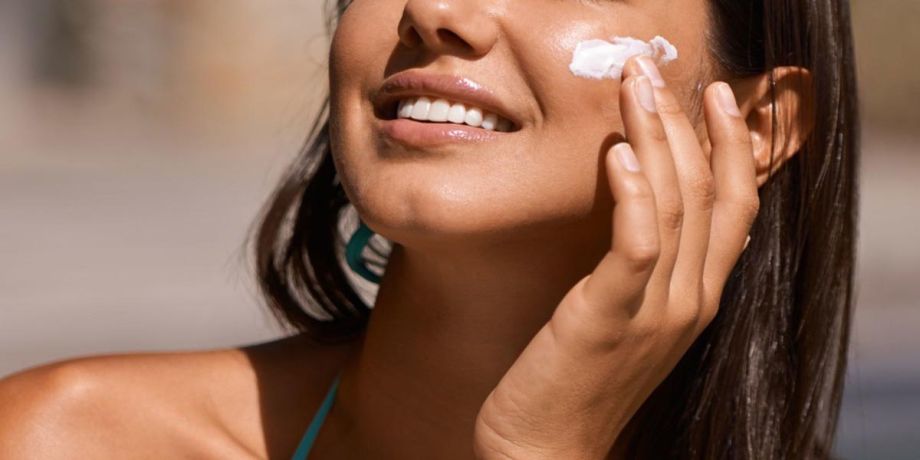
Common Sense Guide to Sunscreen
Given the recent news of Johnson & Johnson recalling several sunscreens after they were found to contain small amounts of benzene, a known carcinogen, it’s understandable to feel a bit uneasy slathering yourself in sunscreen this summer. However, skincare professionals
advise you to continue using your sunscreen daily, as the benefits far outweigh the low-level risks. Applying SPF is the most effective method for reducing your risk of skin cancer. Over 3 million new cases of skin cancer are diagnosed each year. 90% of those cancers will be the result of exposure to UV radiation from the sun and from tanning beds. UV exposure is not only the main cause of skin cancer, but it is also the #1 cause of aging for all skin types and colors. Even if you don’t burn in the sun, you should still apply sunscreen daily to protect your skin from the damaging effects of the sun. It is important to look for a broad-band sunscreen that offers protection against both UVA and
UVB rays from the sun. This should be a minimum of SPF 30. There are two types – mineral and chemical sunscreen. Mineral sunscreens sit on top of the skin to act as a physical barrier to UV rays, which makes them effective immediately. They offer full protection from both UVA and UVB rays, while also being a great option for anyone with sensitive or acneic skin, as they do not clog pores.
However, they can sometimes leave a white cast on the skin. Chemical sunscreens are absorbed by your skin and sit in the deeper layers. They absorb UV rays and turn them into non-damaging wavelengths or heat. These are ideal for everyday use as they apply easily and invisibly, but should be done so 20-minutes prior to sun exposure. Since UV rays must be absorbed to reach these chemicals, chemical sunscreens may not protect against all UVA rays. They are safe for most skin types but may exacerbate certain skin conditions such as acne, rosacea, and hyperpigmentation. Whichever sunscreen you use, it is important to remember to apply every 90-120 minutes and
immediately after swimming or any activity that causes heavy perspiration. UVA comes through clouds & windows and is even stronger through glass, so don’t forget your sunscreen on any road trips you’re taking this summer. Stay protected and have fun!
By: Leah Hardin, Licensed Master Esthetician


